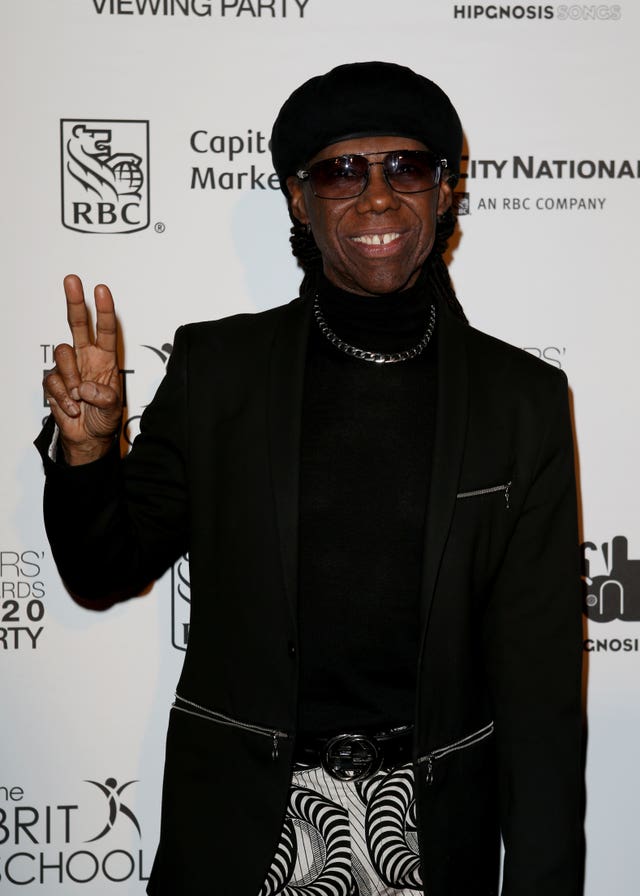
Simon Marks 4pm - 7pm
4 February 2021, 17:54

The Digital, Culture, Media and Sport Committee met on Thursday for a hearing on streaming and the music industry.
Online streaming has reduced the amount of money that musicians can earn from their recordings, MPs have been told.
Yvette Griffith, Jazz re:freshed co-chief executive, made the comments during a meeting of the Digital, Culture, Media and Sport Committee, which is carrying out an inquiry into streaming giants.
She told MPs she recognises “that streaming exists as a response to piracy” and the ease with which consumers could listen to music illegally.
We are currently hearing from the independent record sector in our inquiry into the economics of music streaming.
Witnesses are:Paul Pacifico @AIM_UK Yvette Griffith @jazzrefreshed Rupert Skellett @beggarsgroup
📺Watch along live here: https://t.co/AIyc7v6yRq pic.twitter.com/TLGrQWa6HN
— Digital, Culture, Media and Sport Committee (@CommonsDCMS) February 4, 2021
Ms Griffith added: “Introducing something like streaming has absolutely reduced the amount of money that artists can earn in this day and age.
“Unless you are in the higher echelons of billions of streams, that’s never going to generate your rent for you.”
Paul Pacifico, CEO of the trade body Association of Independent Music, also told the committee that streaming revenues are not being shared equitably with artists.
He said that “90% of the revenue” in streaming is “going to 1% of the people in the market”.
“This huge concentration of wealth causes quite a lot of issues,” he said.

The committee previously heard evidence from Chic frontman Nile Rodgers, who advocated for greater transparency around what he labelled the “unfair system” currently in place between streaming platforms and musicians.
Discussing the fees paid to artists during the December evidence session, he added: “Let’s pay these people what they should have been making all along and we are going to be one big happy family.”
On Thursday, the committee also heard from Rupert Shellett, general counsel at record company Beggars Group, who said that while there are problems around how streaming revenue is distributed, it is a good time to be a young musician.
“Young UK kids can very easily get a career going,” he said.
“They can make records, they can make recordings on their phone at home, they can upload those recordings to a [user generated content] UGC platform like YouTube for no charge.
“Then once they develop their audience, obviously over a certain size, then they can go and get pretty much any deal they like.
“Or they can self release and they can pay an additional distributor, an annual fee, so they keep 100% of their revenue.”